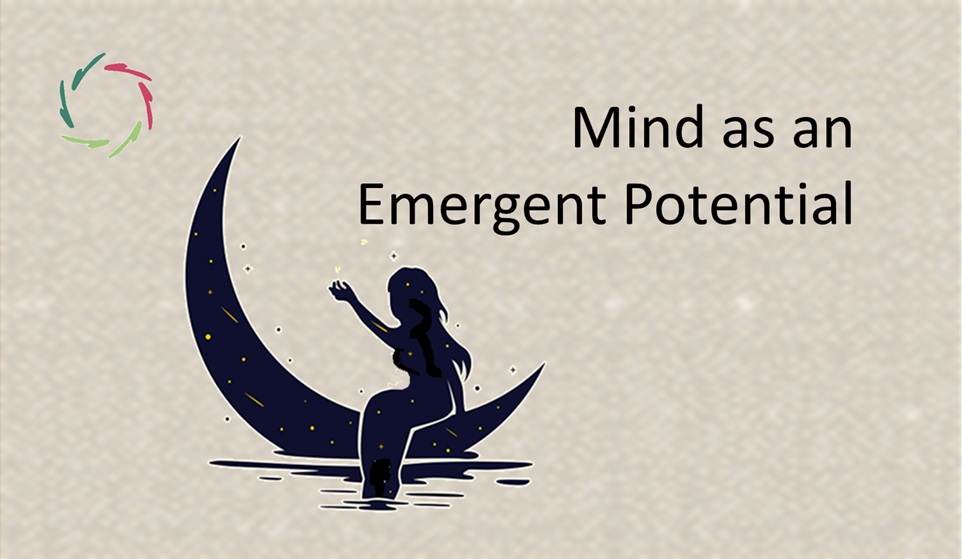How Easy Turns into Hard

Deep joy can come from taking it easy. Yet if ease becomes the sole pursuit, growth is inevitably stunted.
Without growth, stagnation sets in, leading to rigidity and eventual decay.
Why? Because we are organic.
As organic beings, we require growth — just as all of nature does. For humans, ‘taking it easy’ is beneficial if it fosters healthy relaxation or opens pathways to new horizons.
But quick, easy fixes mainly offer only temporary relief. Couple this with ongoing stress – even if minor – and it leads to the hardening of muscles, relationships, ideological standpoints, and a refusal to consider viewpoints outside of one’s box.
Unfortunately, ‘easy’ often becomes the primary goal.
Especially in those cases where the alternative is a dive inside, ‘easy’ solutions are often chosen to avoid deeper exploration — a regrettable choice.
For instance, the placebo effect is vast yet little known. It is present in people’s lives in invisible ways. Where chronic symptoms could be used as gateways to deeper self-understanding, placebos often eliminate these opportunities. The result may be fewer symptoms (at least temporarily) at the cost of eventually a more superficial life that needs a hard shell to protect itself.
Easier — not, therefore, necessarily better.
Much broader than health
The same principle plays on a much bigger scale, permeating all aspects of life. It has been helped in this by tons of marketing and advertising: “You want to be happy? Simply use this product or make use of this easy service. Look at the happy faces of those who do so! Now it’s within your reach with an easy buy ― with a discount.”
As the platitude goes, happiness cannot be bought. What is bought is a semblance. Sadly, people may think this semblance is the real thing and look no further. Thereby, they miss true happiness, which is an open gate to inside. Instead, they get a meaning crisis in the setting of – again – a more superficial life in need of a hard shell to protect itself. Part of the hardness comes from holding on to the semblance that at least provides some hope.
In my view, it’s better to dare to be vulnerable to the degree that one is ready for this.
Embracing challenges.
Growth is invited through the tension between ease and challenge, in the willingness to dive deep and confront what lies beneath the surface, transcending comfortable numbness. While more difficult, this approach fosters a richer, more fulfilling life, cultivating inner strength and resilience.
So, it’s OK to take it easy but also to embrace growth, even when it’s challenging, for this synthesis can lead to a richer, more meaningful existence wherein true joy and meaning are found.
Compassion helps in non-easiness.
By approaching challenges with self-Compassion, we create a supportive environment for personal development in which ‘ease’ too gets more interesting and replenishing. This Compassionate approach also extends to how we interact with others, fostering a community of growth and mutual support.
Autosuggestion plays a role in this by gently guiding the non-conscious mind toward positive change. It’s an excellent – if not indispensable, one way or another – tool for self-Compassion by offering profound insights and connections to one’s true self. This way, one can prevent the latter from becoming or remaining the ‘enemy within’ and even, contrary to this, one’s best ally in supporting long-term development and well-being.
Culturally, there’s a long way to go.
Let’s not waste time!


